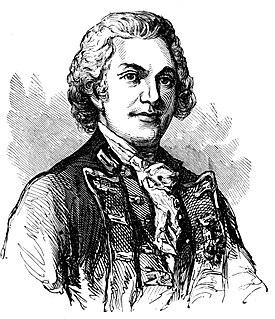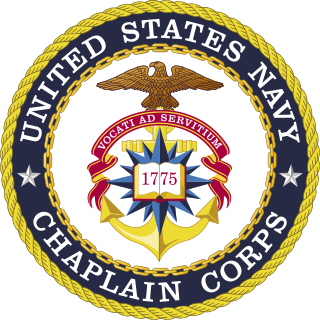USS Deane has been the name of more than one ship in the United States Navy.

The United States Navy (USN) is the naval warfare service branch of the United States Armed Forces and one of the seven uniformed services of the United States. It is the largest and most capable navy in the world and it has been estimated that in terms of tonnage of its active battle fleet alone, it is larger than the next 13 navies combined, which includes 11 U.S. allies or partner nations. with the highest combined battle fleet tonnage and the world's largest aircraft carrier fleet, with eleven in service, and two new carriers under construction. With 319,421 personnel on active duty and 99,616 in the Ready Reserve, the Navy is the third largest of the service branches. It has 282 deployable combat vessels and more than 3,700 operational aircraft as of March 2018, making it the second largest and second most powerful air force in the world.
- USS Deane (1778) was a Continental Navy frigate commissioned in 1778.
- USS Deane (DE-86), a Buckley-class destroyer escort, was never commissioned in the United States Navy. Instead it was commissioned in the Royal Navy as HMS Deane (K551) in 1943.[ citation needed ]
The Continental Navy frigate USS Deane, named after American commissioner to France Silas Deane, was built at Nantes, France, and brought to the United States in May 1778 to be prepared for sea. She was named Hague in 1782, and was taken out of commission in 1783.

The Continental Navy was the navy of the United States during the American Revolutionary War, and was formed in 1775. The fleet cumulatively became relatively substantial through the efforts of the Continental Navy's patron John Adams and vigorous Congressional support in the face of stiff opposition, when considering the limitations imposed upon the Patriot supply pool.

A frigate is a type of warship, having various sizes and roles over the last few centuries.
| This article includes a list of ships with the same or similar names. If an internal link for a specific ship led you here, you may wish to change the link to point directly to the intended ship article, if one exists. |






